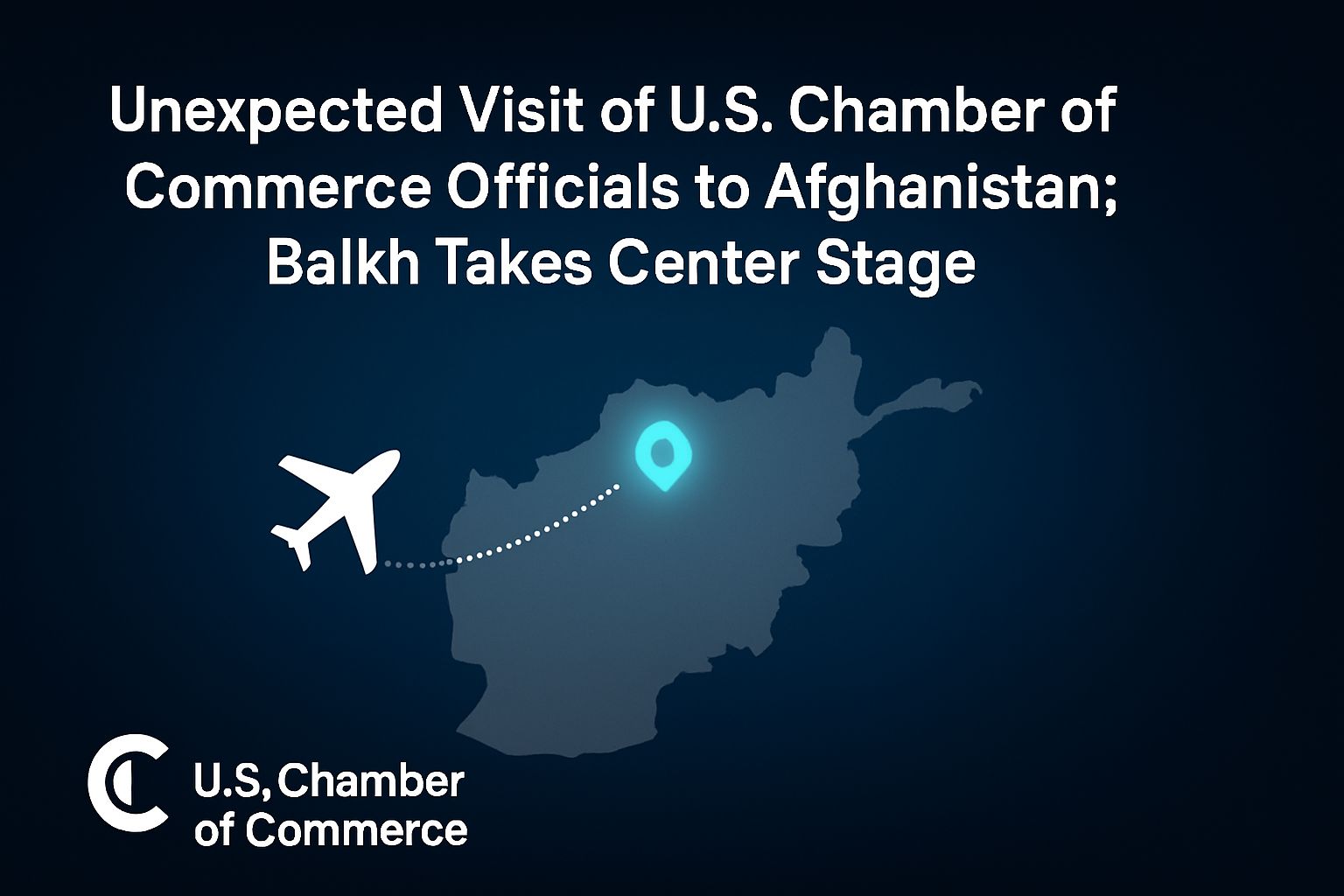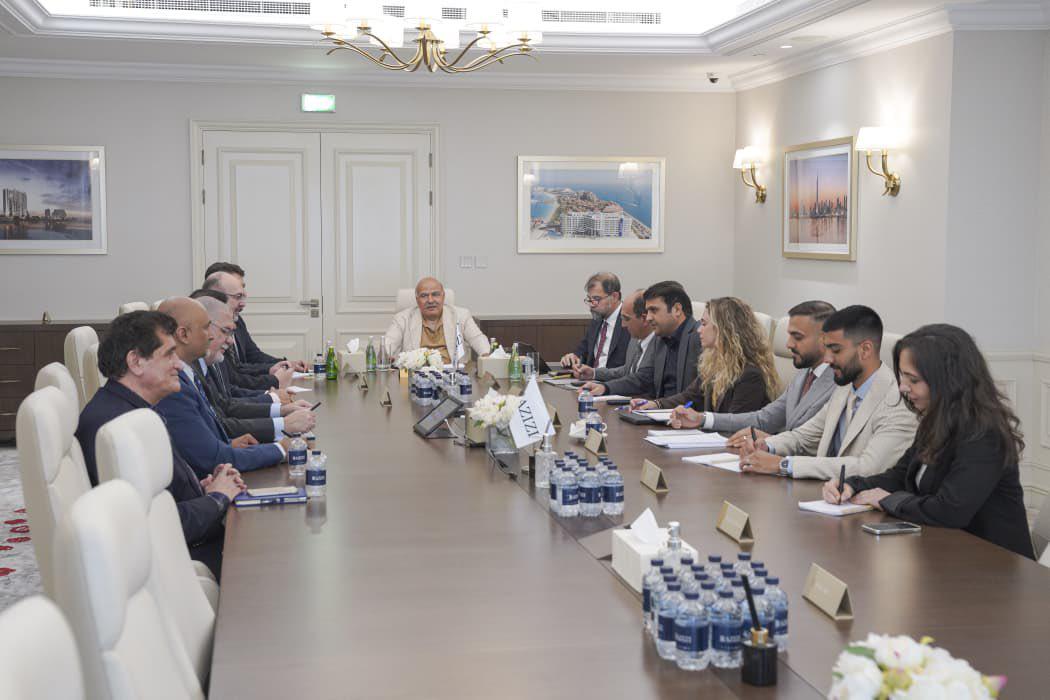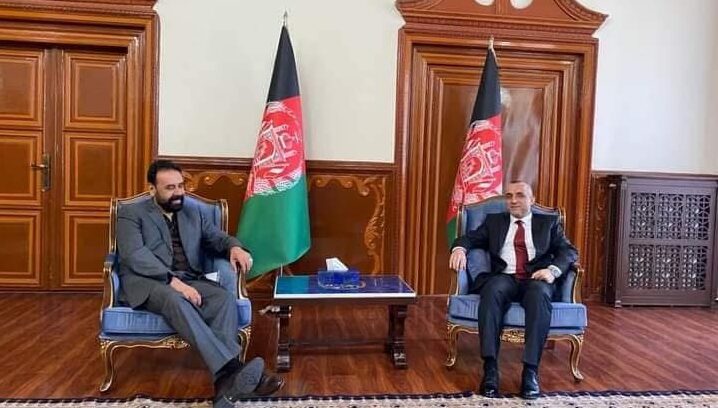
Why has Amrullah Saleh not yet been granted a U.S. visa?
Is issuing a visa to Saleh against U.S. national interests?
Does Saleh maintain connections with individuals and networks opposed to U.S. national interests?
In December 2024, Tim Burchett, a member of the U.S. House of Representatives, invited Amrullah Saleh, former Vice President of Afghanistan, to Washington to discuss the situation in the country. In his post on X (formerly Twitter), Burchett emphasized that Saleh’s presence would provide an opportunity to examine the future of the Afghan people and address threats posed by the Taliban.
However, Saleh has so far failed to obtain a visa. Reports indicate that his visa application had previously been denied. U.S. Secretary of State Marco Rubio, in response to a question from a member of the House Foreign Affairs Committee regarding Saleh’s visa, stated that the matter would only be considered if it aligned with U.S. national interests and if the purpose of his visit was clearly explained to the State Department.
Suspicious Connections and Potential Reasons for Visa Denial
Some sources suggest that Saleh’s associations with certain individuals and entities, including Kamal Nabi Zadeh, may be a key reason for the prolonged review of his visa request. Kamal Nabizada, a Russian-Afghan businessman, is on the U.S. Treasury Department’s sanctions list, with sanctions citing his links to networks opposing U.S. national interests and involvement in illicit financial activities.
These sources note that those connected to Nabizada are typically denied visas, as their presence could pose a threat to U.S. security and interests. Photographs showing Saleh with Nabizada have fueled speculation about their close relationship.
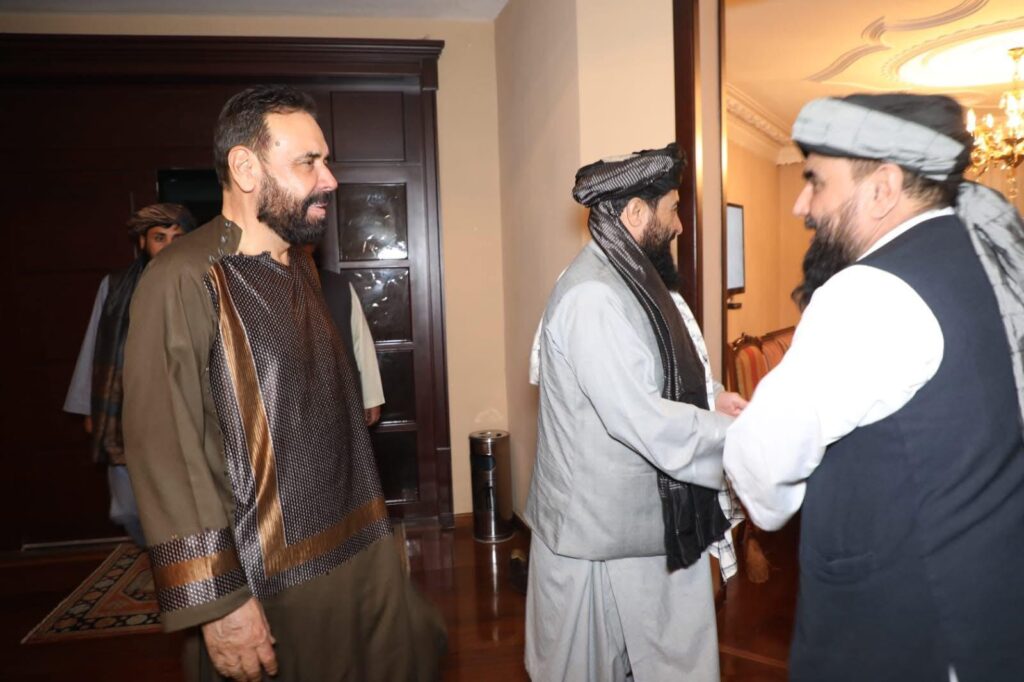
Kamal Nabizada’s Sensitivity to Questions About His Ties with Amrullah Saleh
An Arg Times reporter sought Kamal Nabizada’s reaction regarding his relationship with Amrullah Saleh. However, the inquiry provoked a strong response. Nabizadas, in a message to the reporter, used harsh language and demanded that Arg Times refrain from contacting him again.
He wrote: “If this continues, my media colleagues will be compelled to show reactions that would not be worthy of your position.”
After the fall of the previous Afghan government on August 15, 2021, Saleh fled to Tajikistan, from where he continues his political activities. News sources report that since then he has not publicly criticized the Islamic Republic of Iran, whereas during his tenure he frequently condemned Iran, particularly regarding Afghan persecution and discrimination. Some speculate that Saleh maintains close ties with Russia.
Kamal Nabizada is also accused of close connections with the Islamic Republic, particularly the Revolutionary Guards, and maintains strong relations with Russia. Some reports indicate that he holds a Russian passport.
Assessment of U.S. National Interests
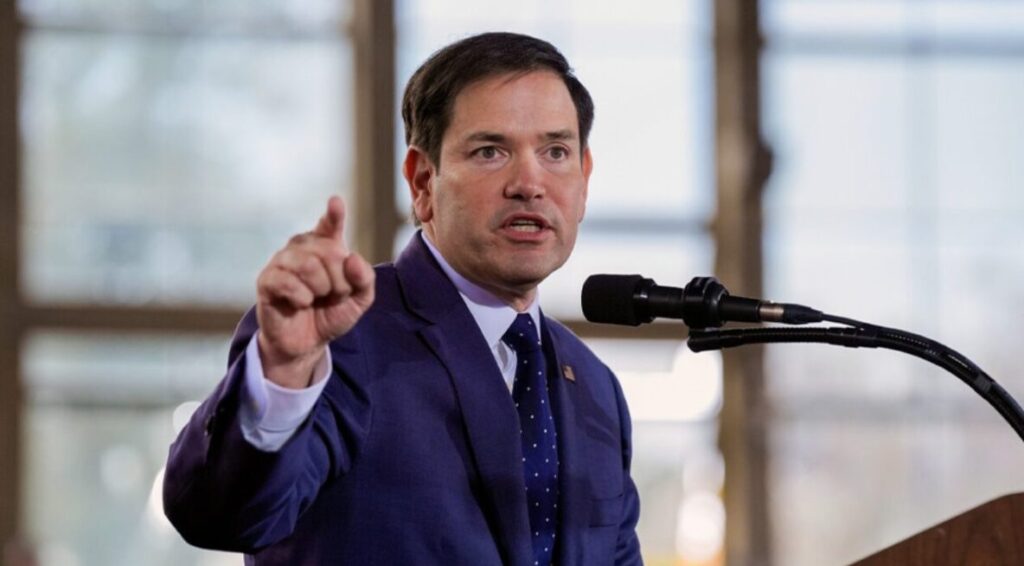
The Secretary of State and members of Congress have emphasized the need to carefully evaluate national interests when issuing visas. Saleh’s associations with sanctioned individuals, especially Nabi Zadeh, could pose strategic risks to U.S. interests in the region. Nonetheless, some officials continue to stress the importance of dialogue with anti-Taliban figures and the need to assess Afghanistan’s situation.
Efforts to reach Saleh through his close associates were unsuccessful, as they declined to comment to Arg Times reporters.
While inviting Amrullah Saleh could provide an opportunity for discussions on Afghanistan’s future, his suspicious connections with sanctioned entities and foreign networks have led to a more thorough review process. Assessing potential threats and safeguarding U.S. national interests remains the primary priority in the decision-making process.


